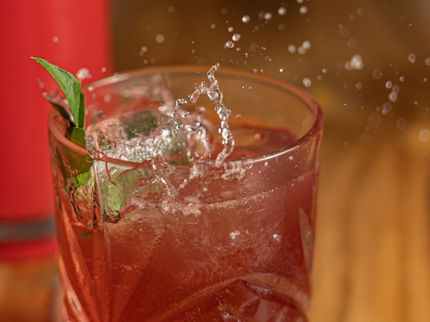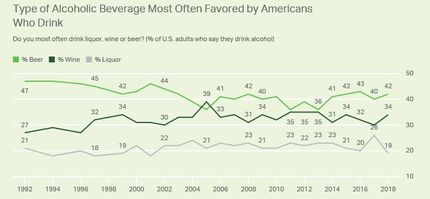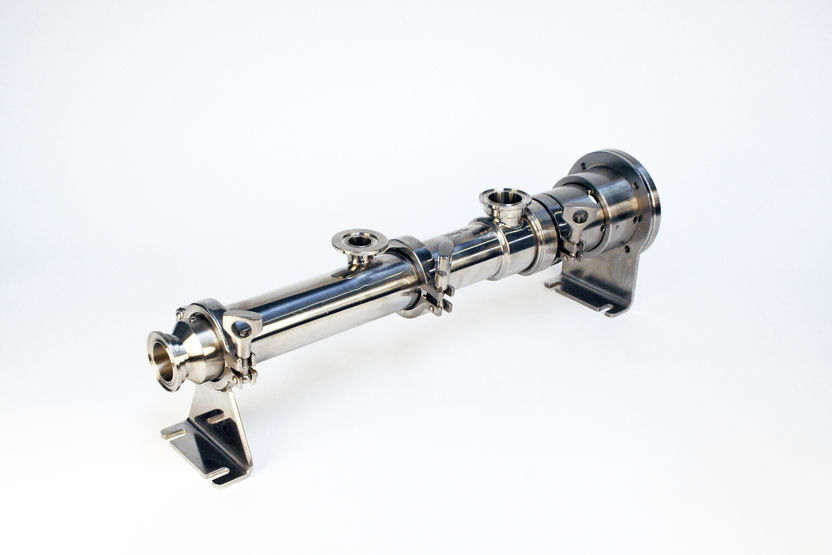Sunday sales did not harm nor help liquor, grocery stores
A new study finds fear over Sunday liquor sales from Connecticut package stores was unfounded
Since 2012, Connecticut residents have been able to purchase alcohol on Sundays.

symbolic picture
computer generated picture
When the bill was under consideration, owners of liquor stores worried that the law would hurt their businesses. They reasoned that if people could buy beer from grocery stores on Sunday, one of the most popular days for food shopping, they would not make additional trips to liquor stores. They also worried this law would increase their operating costs, as they would need to be open on an extra day.
However, UConn researchers have demonstrated that there were no adverse effects on liquor stores after this bill was passed. Nor was there much of a positive impact on grocery stores, which some also expected at the time of the bill’s passage.
Cristina Connolly, assistant professor of agriculture and resource economics in the College of Agriculture, Health and Natural Resources, and Alyssa McDonnell, a Ph.D. student working with Connolly, recently published these findings in the Journal of Wine Economics with collaborators Sandro Steinbach from North Dakota State University and Marcello Graziano from UConn’s Connecticut Center for Economic Analysis.
Connolly and collaborators examined data from 2004 to 2021 to track liquor and grocery store closures, openings, sales, and employee numbers.
Using scanner data for individual items sold, they found a slight jump in beer sales at both grocery and liquor stores immediately following the bill’s passage compared to 24 other states with similar alcohol laws to Connecticut. However, this effect was short-lived.
“There was this kind of novelty of the new policy,” Connolly says. “But it then evened out after about a month, and for the rest of the year, we did not see a difference. Other than that initial jump when the policy was implemented, beer sales stayed pretty constant at grocery stores, suggesting that there wasn’t a substitution toward buying beer there [instead of liquor stores],” Connolly says.
Using the National Establishment Time Series (NETS) database, the researchers tracked the opening and closing of grocery and liquor stores in the state across time.
They found a slight reduction in the number of grocery stores after the law was passed. But this was likely independent of the law, the researchers say, as grocery stores across the U.S. have been undergoing consolidation.
Conversely, the number of independent liquor stores increased slightly over time. Again, the researchers say this was not likely because of the law. However, it did demonstrate that the law could not have had the negative impacts many liquor store owners feared.
The researchers also needed to investigate how prosperous these stores are since they are largely independent and often immigrant-owned.
“If they’re an economic developer in these communities, that’s problematic as well if less money is being economically developed,” Connolly says. Using store-level data from NETS, Connolly and McDonnell found no significant change in liquor store sales or employment.
This study has implications beyond the single law.
Last year, the Connecticut legislature considered a bill allowing grocery stores to sell wine. Connolly’s team created a report forecasting the bill’s impact.
This proposal raised similar concerns as the Sunday liquor sales bill. The researchers predicted that the policy would have no sizeable economic impact. The new study of Sunday sales has bolstered this prediction, they say.
“This regulation is different for several reasons, but it can help us learn more about what happened [with beer sales] to improve our forecast of what’s going to happen [with wine sales],” Connolly says.
While the bill to allow wine in grocery stores failed, Connolly says it will likely be reintroduced.
“It’s going to be an ongoing question, what’s going to be the impact of this law,” Connolly says.
The immediate next step in this research is to examine liquor store consolidation on a national scale. Researchers have already studied grocery store consolidation, and there are concerns that the same trend is appearing in liquor stores.
However, the legal landscape for liquor stores differs from that of grocery stores. Some states, including Connecticut, do not allow a single entity to have more than three liquor permitsß.
Another longer-term topic Connolly and McDonnell want to address is a national survey of alcohol policy and its economic impacts.
“That, to me, is the obvious next step, to look at these laws on a broader scale, and that’s just been very difficult,” Connolly says.
Liquor laws are intensely localized and difficult to track over time, especially for policies enacted a few decades ago.
“These aren’t policies that change all at once,” McDonnell says. “They’re often quite incremental and vary from state to state.”































































